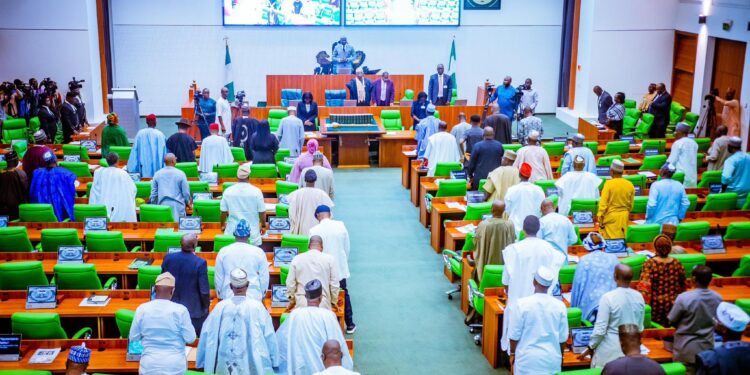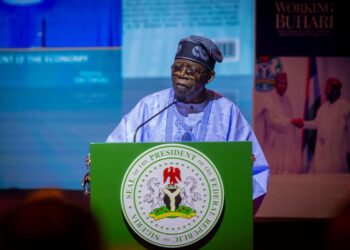The House of Representatives has passed for second reading of the four Tax Reform Bills submitted to the National Assembly by President Bola Tinubu.
These bills—the Nigeria Tax Bill 2024, the Tax Administration Bill, the Nigeria Revenue Service Establishment Bill, and the Joint Revenue Board Establishment Bill—seek to overhaul Nigeria’s tax system, ensuring efficiency, transparency, and improved revenue collection.
The tax reform bills scaled second reading after five months of consultations among lawmakers, during which critical concerns were addressed to achieve consensus on contentious provisions.
During deliberations, legislators emphasized that the proposed reforms would harmonize tax administration, eliminate multiple taxation, and create a structured framework for tax dispute resolution.
The bills also propose the establishment of an ombudsman system to expedite tax-related conflicts between taxpayers and the government.
Expected impact of the tax reforms
The lawmakers noted that the reforms are aimed at:
- Expanding the tax base by integrating more businesses and individuals into the formal tax system.
- Ensuring uniform tax policies across different levels of government to prevent arbitrary levies.
- Enhancing tax collection efficiency, reducing revenue leakages, and improving government earnings.
- Promoting ease of doing business by simplifying tax compliance processes for businesses.
Call for judicious revenue utilization
While supporting the bills, lawmakers advocated for the prudent application of tax revenues by all tiers of government. Some legislators raised concerns over revenue mismanagement and lack of accountability in tax utilization, urging the executive to ensure that increased tax revenue translates into improved infrastructure, social services, and economic development.
With the second reading secured, the bills will now proceed to the committee stage, where lawmakers will fine-tune provisions before a final vote. Stakeholder engagements, including input from tax experts, business leaders, and government agencies, are expected to shape the final versions of the bills before they are passed into law.
What you should know
- Earlier, the Northern Governors’ Forum, chaired by Gombe State Governor Muhammed Inuwa Yahaya, earlier opposed the derivation-based VAT distribution model.
- In a communiqué, the forum argued that the proposal undermines the interests of the North and other sub-national regions.
- Despite this opposition, President Tinubu encouraged governors and stakeholders to engage in the legislative process.
- The Chairman of the Presidential Committee on Fiscal Policy and Tax Reforms, Mr. Taiwo Oyedele, also addressed concerns, noting that the current VAT distribution model is unfair not only to Northern states but also to all geopolitical zones.

















